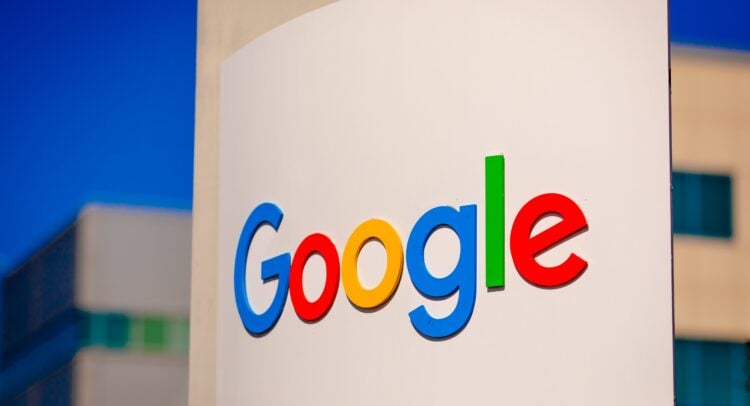The landscape of cross-border payments is undergoing a significant transformation with the introduction of Google Cloud Universal Ledger (GCUL), a new blockchain initiative by Alphabet. Positioned as a potential competitor to Ripple’s XRP, GCUL aims to enhance the efficiency and cost-effectiveness of international financial transactions. Investors and market analysts are closely examining the implications of this development for Ripple’s XRP token, which has established itself in the financial technology arena.
In late August, Google unveiled its plans for GCUL, characterized as a Layer-1 blockchain focused on global financial applications. This innovative platform is designed to facilitate quicker and more affordable money transfers, directly competing with Ripple’s XRP Ledger, which has been operational for over a decade. Ripple has been actively catering to banks and financial institutions, promoting near-instant payments at significantly reduced costs compared to traditional systems. With GCUL still in its beta phase and a projected launch in 2026, Ripple currently has the opportunity to reinforce its market position.
A notable distinction between GCUL and the XRP Ledger lies in their structural design. GCUL is a private, permissioned blockchain, which grants access control—an aspect that financial institutions often favor due to perceived security benefits. In contrast, the XRP Ledger operates as a public blockchain that grants open access to users. This difference could potentially influence the preferences of banks, as they might lean toward Google’s more controlled environment.
Token dynamics also diverge between the two platforms. Ripple’s model utilizes its own XRP token for transactions, exposing it to volatility and price fluctuations. Google, on the other hand, has not introduced a native cryptocurrency, opting instead for a model that may incorporate stablecoins backed by the U.S. dollar. This strategy could be particularly appealing to traditional financial institutions wary of market volatility.
The entry of Google into the blockchain domain raises concerns for XRP holders regarding the future utility of the XRP Ledger. As GCUL develops, there exists a risk that its success could diminish the perceived advantages of Ripple’s technology, thereby impacting XRP’s market value. Ripple’s competitive landscape is already challenging, with formidable players like Solana and Ethereum also vying for market share.
However, Ripple does maintain a first-mover advantage, bolstered by established partnerships and a decade of experience in navigating the complexities of regulatory challenges and market dynamics. Should Ripple succeed in innovating and demonstrating the superiority of its platform, it could continue to thrive despite the looming competition from Google.
Market analysts remain bullish on Alphabet, with a significant majority recommending it as a buy. Among 36 reviewed analysts, 27 rate Alphabet positively, while the remainder advise holding. The average price target for GOOGL sits at $230.06, indicating a modest potential downside based on recent trading data.
As the battle intensifies, the introduction of GCUL highlights the ongoing shift of major tech companies into the financial sector, underscoring the challenges and opportunities that lie ahead for established players like Ripple. With Google entering the fray, the dynamics of cross-border payments are set to evolve, prompting XRP investors to reevaluate their strategies amidst the growing competition.







